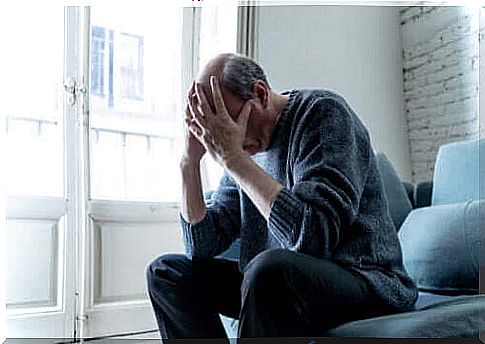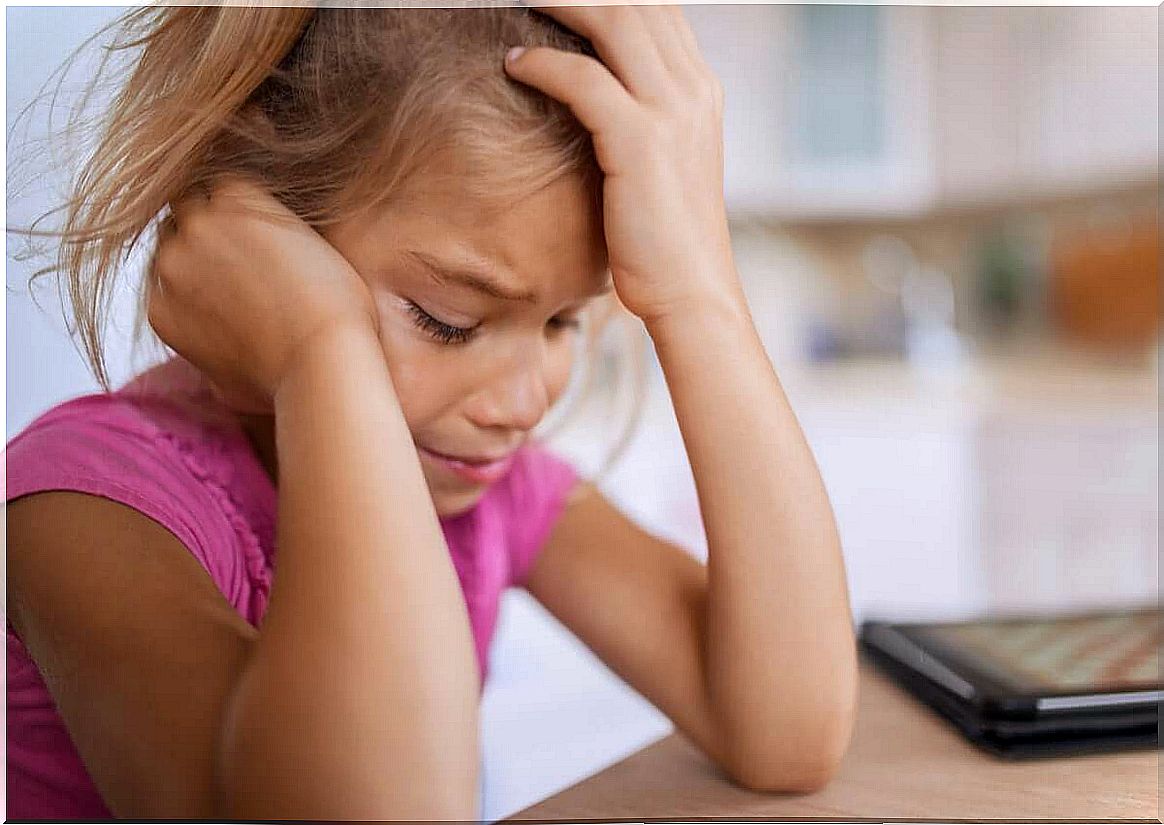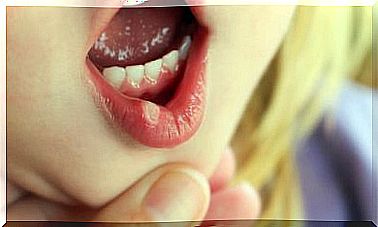What Is Learned Helplessness?
In uncomfortable situations it is normal and healthy to respond with reactions that improve the unfavorable circumstances. However, some people remain passive and resigned believing that they have no control over the events of their lives.

The learned helplessness is a passive, submissive response to uncomfortable situations. People who suffer from it have no intention of changing or preventing these circumstances.
Usually this passive behavior arises after a traumatic experience in which actions that should have prevented the suffering failed. Affected people therefore think that there is nothing they can do to stop a painful situation. You feel helpless. And that is exactly what psychologists call learned helplessness.
What is learned helplessness?
The American Psychological Association (APA) identifies learned helplessness as a phenomenon that results from repeated exposure to stressors. These cannot be controlled and mean that affected persons do not use the available options to stop unpleasant situations.
Because of this, they have no control and become victims of circumstance. In the medium term, a traumatic experience destroys their motivation to change.
In other words, it is a psychological condition that makes those affected incapable of reacting in painful moments when they experience repeated failures that doing something is useless in one way or another . They do nothing, learn to endure suffering and believe that nothing can be done to avoid unpleasant situations. As a result, they lapse into deep resignation.

Reasons for learned helplessness
All causes of learned helplessness are related to prejudice that leads people to believe that they have no control over events in their life. They do not analyze the possible consequences of certain situations at all. Affected people simply believe that their fate is predetermined and that there is nothing they can do to change it.
We then take a closer look at the possible causes for this passive state.
Traumatic childhood experiences
The factors that influence this psychological state usually shape experiences in the first few years of life. If small children experience unpleasant experiences and are not accompanied or supported, or if they do not receive a positive answer, the probability is relatively high that they will then adopt a submissive, passive attitude in similar situations in adulthood.
Submissive and passive demeanor through parenting
Upbringing in childhood is another factor that could lead to learned helplessness in adults. If the social role of passivity and dependency is encouraged in certain circumstances, it increases the vulnerability and the risk of becoming a helpless victim of the circumstances in the future.
On the other hand, the messages that children receive also play a very important role and can result in inactivity. For example, if a child is surrounded by people who just keep telling them that they are incapable or know nothing, they may actually feel incapable and resigned in adulthood.
Learned helplessness from being in control at home
In some families , the control exercised over children is too great. They live in an environment in which everything is guarded and followed and children have no opportunity to learn from the consequences of their actions. They are then much more vulnerable, which also has consequences in adulthood.
Feelings of guilt
On the other hand, there are also internal factors, such as responsibility or guilt, which play a role in learned helplessness. The affected person feels guilty about the unpleasant event and believes that they are unable to change anything or stop future situations that can occur at any time.
She lapses into resignation and justifies her behavior. This in turn has a negative effect on their self-esteem and dignity. Certain parenting styles can also encourage feelings of guilt.
The learned helplessness and its consequences
The consequences of the learned helplessness have a very negative effect on the lives of those affected in the following areas:
- Motivation: Affected people feel that they have no control, which reduces their motivation. The attempts to react in new situations are therefore decreasing.
- Cognition: Affected people have difficulty learning new response patterns in order to produce positive results. In addition, they can perceive any problem as normal.
- Emotions: Negative emotional states such as depression, anxiety, and frustration are common. In addition, the affected people lack self-esteem. This is the case until the person learns to control their circumstances.
- Physical discomfort: This condition can also affect the body if, for example, the person develops an eating disorder or the immune system is compromised.
How can learned helplessness be treated?
Psychological therapy is best. The purpose of this is to teach the data subject how to react in certain situations. The experts Vázquez Valverde and Polaino Lorente explain the therapeutic approach as follows:
- The negative associations that affected people experiment in certain situations must be changed. This is done, for example, through simple tasks that produce positive results after the person takes an action. The therapist also teaches the person that they are not to blame for their failure.
- Generate positive feelings in order to strengthen the self-esteem of the affected people. You will then feel more able to intervene in certain situations.
The therapeutic intervention can simultaneously treat traumatic events in the past. The goal is for the person with learned helplessness to overcome their experiences and give them a different meaning. She can then react more functionally and positively in the future.

An acquired problem
As the name of this ailment reveals, it is a behavior pattern that is not present from birth, but is mostly learned in childhood. This creates various negative consequences that affect the well-being of the person concerned, some of them very severely. It is therefore important to initiate appropriate therapy.
The best treatment is psychological therapy. Affected people can learn to take control of their lives back into their own hands. Once they are aware of their situation and ready for change, they can achieve positive results on an emotional, physical and cognitive level. The learned helplessness can also be forgotten again.









